30+ Sample Paycheck
-
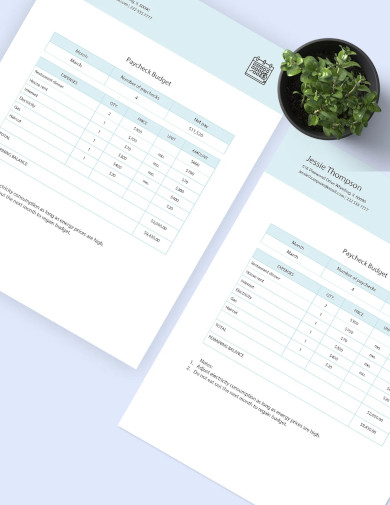
Paycheck Budget
download now -
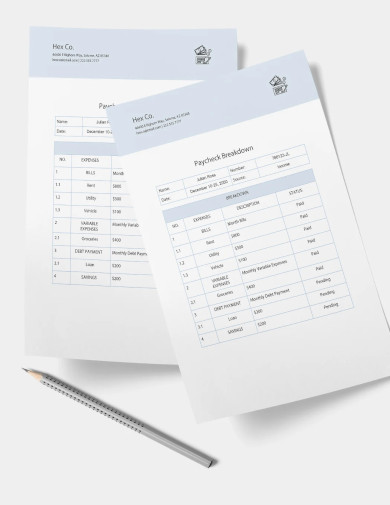
Paycheck Breakdown
download now -
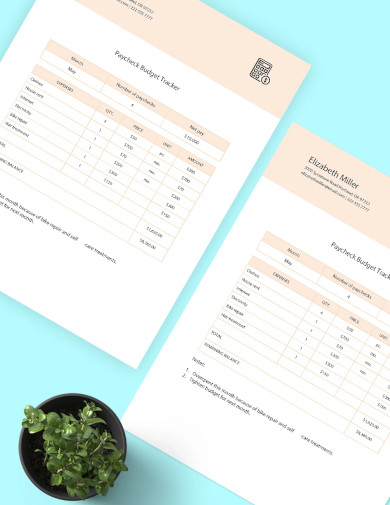
Paycheck Budget Tracker
download now -
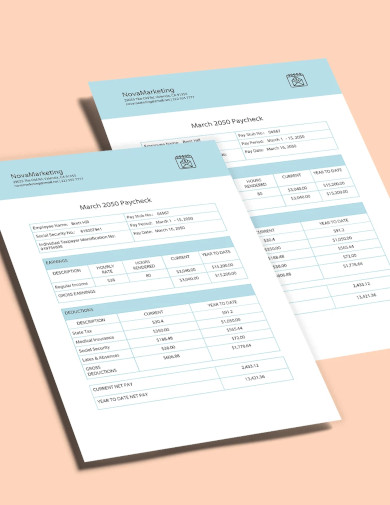
Paycheck Bill
download now -
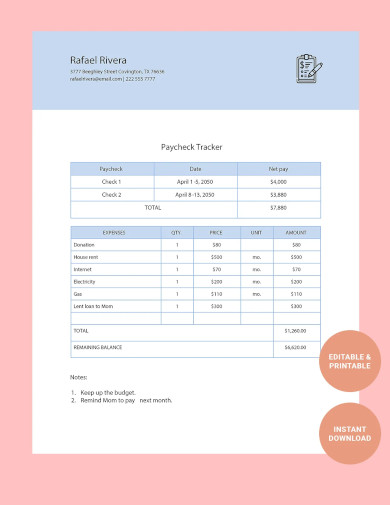
Paycheck Tracker
download now -
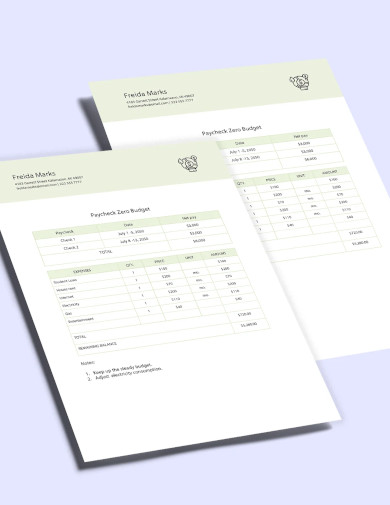
Paycheck Zero Budget
download now -
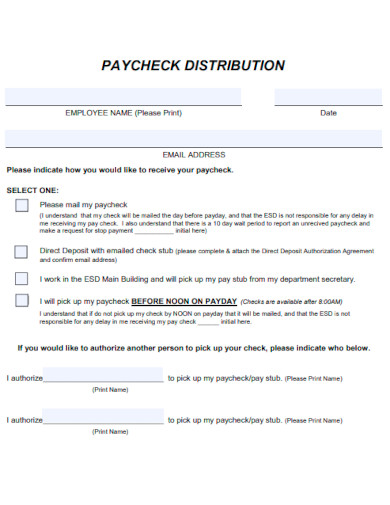
Paycheck Distribution Form
download now -
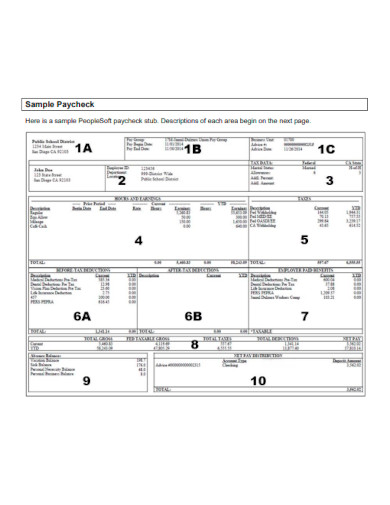
Sample Paycheck
download now -
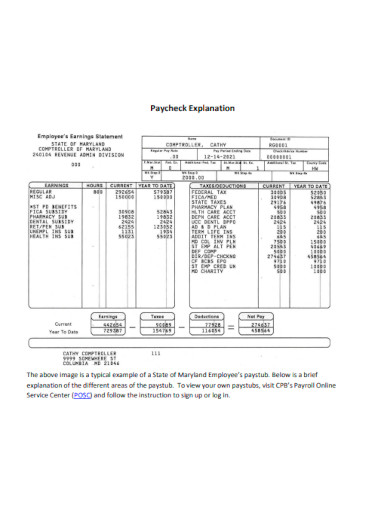
Real Paycheck
download now -
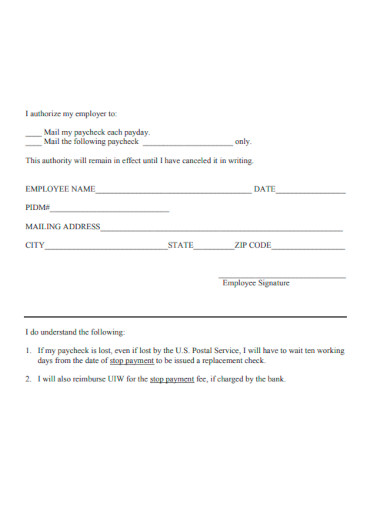
Payday Paycheck
download now -

Paycheck Mail Out Form
download now -

Paycheck Budget
download now -
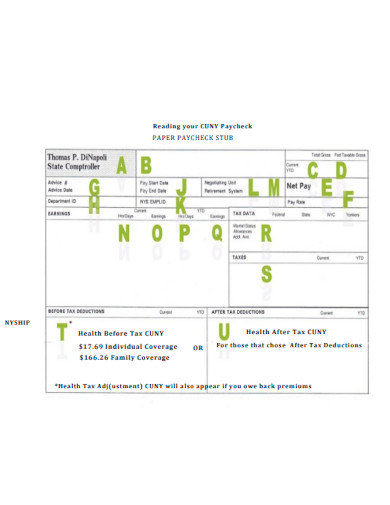
Paper Paycheck
download now -
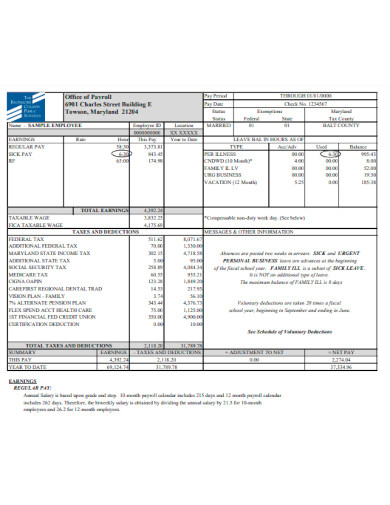
Employee Paycheck
download now -
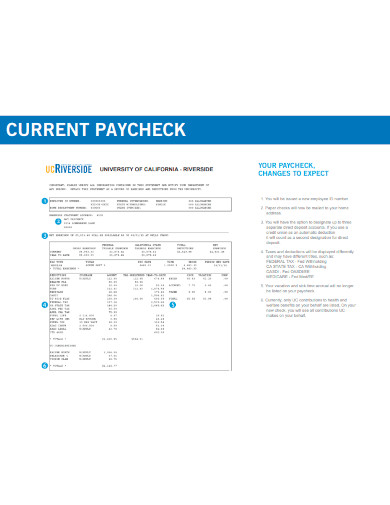
Current Paycheck
download now -
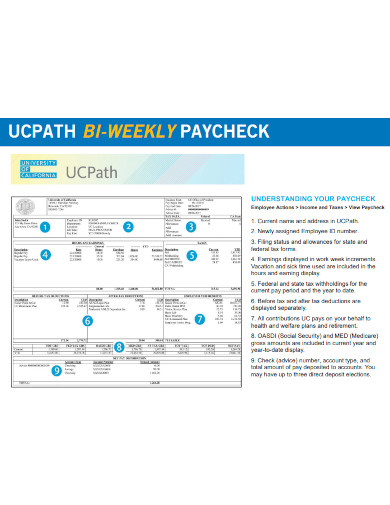
Bi Weekly Paycheck
download now -
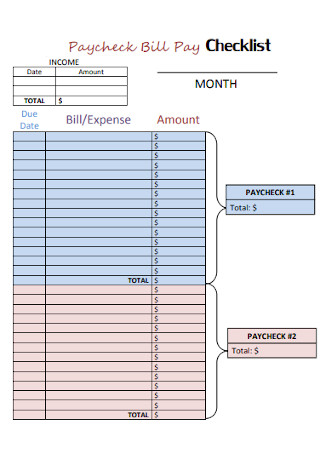
Paycheck Bill Pay Checklist
download now -
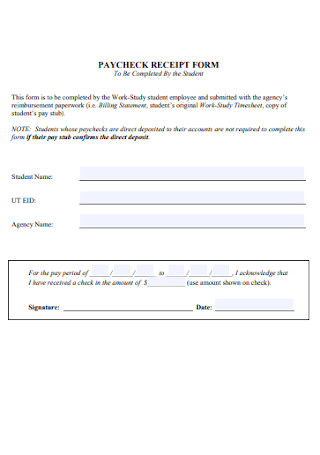
Paycheck Receipt Form
download now -
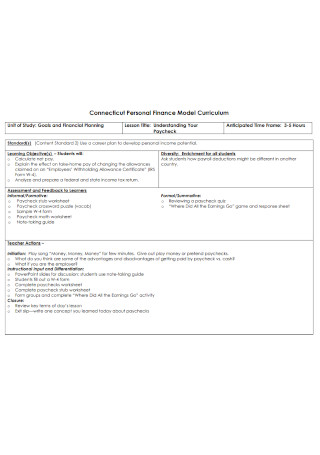
Personal Finance Paycheck Slip
download now -
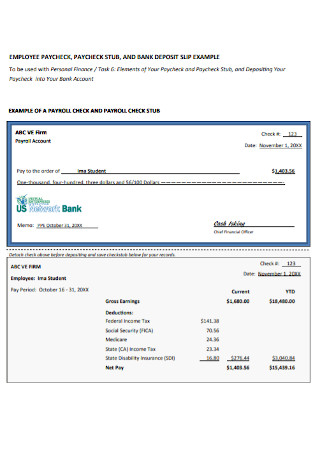
Employee Paycheck Slip
download now -
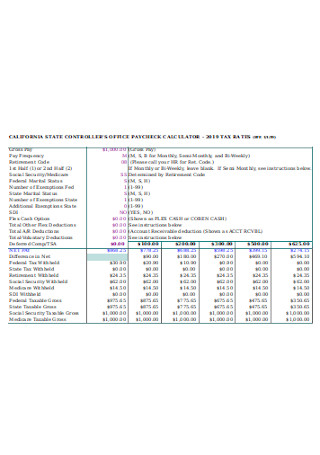
Sample Paycheck Calculator
download now -
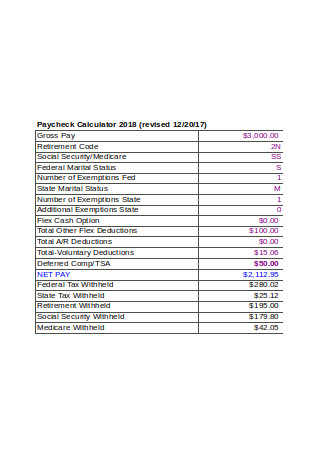
Paycheck Calculator
download now -
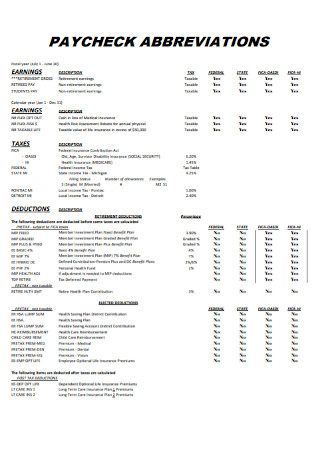
Paycheck Abbreviations Slip
download now -
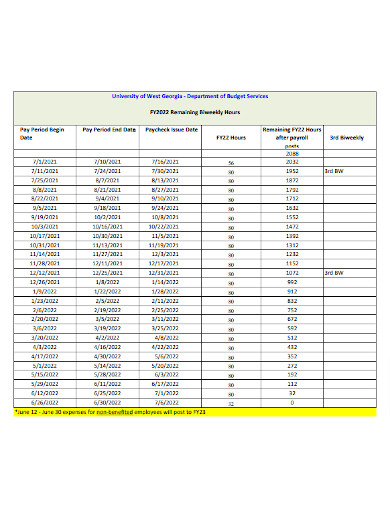
Paycheck Biweekly Budget
download now -
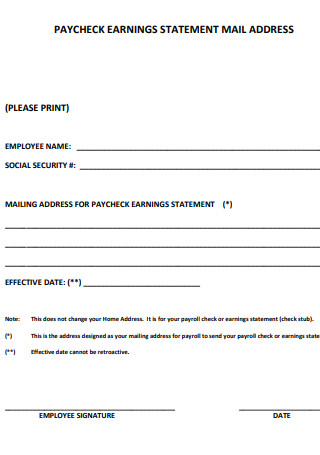
Paycheck Earning Statement Mail Address
download now -
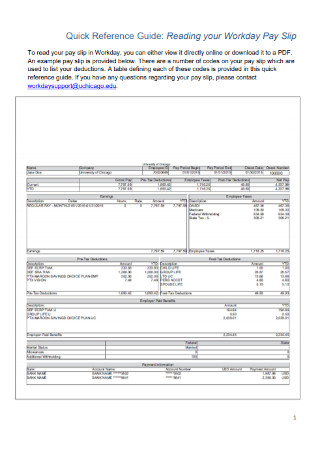
WorkDay Paycheck Slip
download now -
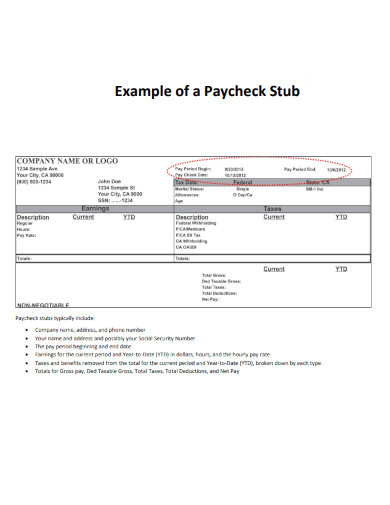
Paycheck Stub Example
download now -
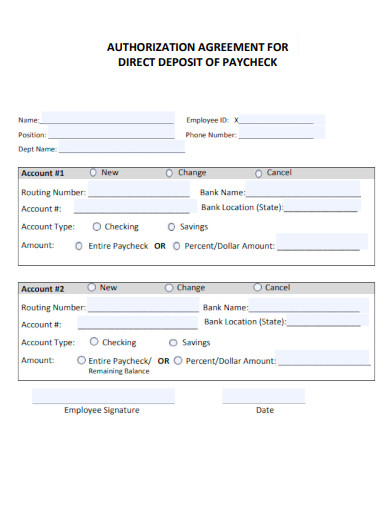
Paycheck Direct Deposit Authorization Agreement
download now -
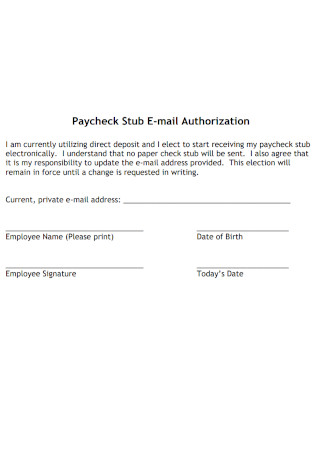
Paycheck Stub E-mail Authorization
download now -
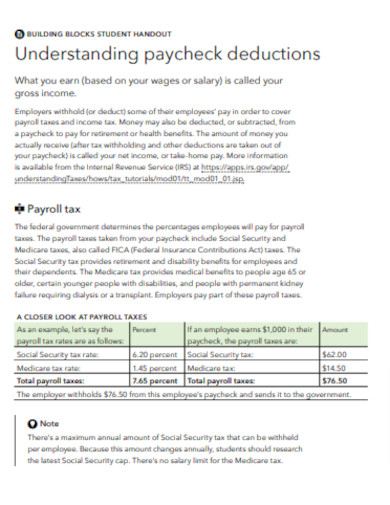
Paycheck Deduction
download now -
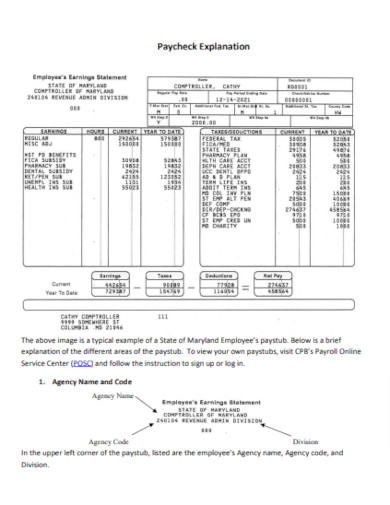
Paycheck Explanation
download now
FREE Paycheck s to Download
30+ Sample Paycheck
Defining a Paycheck
Historical perspective
Components of a Paycheck
The Significance of a Paycheck
What Is a Paycheck Calculator?
Difference Between a Paycheck and a Pay Stub
Supplementary Incomes: Beyond the Basic
The Future of Paychecks
FAQ’S
What’s a Pay Frequency?
What’s the role of pay stubs?
How do i calculate a salary paycheck?
Why Do Some Paychecks Have Multiple Deductions?
How Is Net Pay Different From Gross Pay?
Defining a Paycheck
A paycheck, in its simplest form, represents a remuneration, typically issued at regular intervals, to an individual for services rendered. It encapsulates the agreed-upon monetary value for one’s labor, skill, or contribution to an organization. Such compensation may encompass salary, wages, bonuses, commissions, or any other form of earned income.
Historical perspective
During the early industrial era, many workers were compensated in kind or with tokens that could only be used at company-owned establishments. Thankfully, labor movements and progressive policies led to the adoption of monetary compensation, shaping the foundation for the modern paycheck system.
Components of a Paycheck
A cursory glance may suggest that a paycheck simply indicates the gross pay. However, a detailed examination will illuminate.
Base Salary
This constitutes the primary amount agreed upon by the employer and the employee.
Bonuses and Commissions
Performance-based additional payments incentivizing exceptional work or achievements.
Deductions
Various withholdings like taxes, insurance, and perhaps retirement contributions, which reduce the gross amount to the net pay.
The Significance of a Paycheck
Beyond its role as a financial transaction, a paycheck holds immense significance in the broader context of employment and personal finance.
Compensation for Labor
At its core, a paycheck signifies fair compensation for an individual’s labor and expertise. It serves as a tangible acknowledgment of one’s contributions to an organization, motivating employees to dedicate their skills and efforts to their roles.
Financial Stability
The consistency of receiving a regular paycheck fosters financial stability, allowing individuals to meet their day-to-day expenses, plan for the future, and achieve financial goals. It forms the basis for budgeting and financial planning.
Compliance and Reporting
Employers play a crucial role in ensuring that paychecks adhere to legal and regulatory standards. Compliance with tax laws, wage laws, and other regulations is essential to avoid legal issues and maintain a positive reputation.
Employee Benefits
Some employers offer additional benefits alongside paychecks, such as retirement plans, health insurance, and paid time off. These perks enhance the overall compensation package and contribute to the well-being of employees.
What Is a Paycheck Calculator?
At its core, a paycheck calculator is a digital wizardry, a computational marvel designed to demystify your earnings. It takes into account an array of financial variables, from gross income to deductions and withholdings, and delivers a precise breakdown of your net income.
Difference Between a Paycheck and a Pay Stub
When it comes to your finances, comprehending the difference between a paycheck and a pay stub can be crucial. A paycheck is essentially the physical monetary reward received for your work, a tangible representation of your efforts. Conversely, a pay stub, commonly known as an earnings statement, is the detailed documentation that accompanies your paycheck. It resembles an annotated ledger, meticulously documenting the specific details of your remuneration.
Your pay stub is a valuable source of information. It contains details about your earnings before taxes, payroll deductions, withholdings, and net pay. It helps to clarify the complex aspects of your income, such as FICA contributions and voluntary retirement plan deductions. Essentially, the pay stub is like a key that unlocks your understanding of your financial situation. It decodes the intricate landscape of your compensation. While your paycheck represents the visible result of your work, the pay stub provides a detailed explanation of the financial mechanics behind it. This helps you to develop financial knowledge and achieve your financial goals.
Supplementary Incomes: Beyond the Basic
In a dynamic work environment, employers often offer additional incentives.
Bonuses
Performance-driven incentives, ensuring that employees are motivated to surpass their professional benchmarks.
Stock Options
A contemporary approach to aligning the growth of an organization with the personal wealth accumulation of its stakeholders.
Allowances
From housing to travel, allowances can significantly augment an employee’s gross pay, providing tangible value and benefits.
The Future of Paychecks
As with many facets of our rapidly evolving world, the future of paychecks is rife with potential changes.
Cryptocurrencies & Blockchain
These could redefine how workers are compensated, offering decentralized and potentially more transparent payment systems.
Gig Economy
The rise of short-term contracts and freelance work is challenging the traditional monthly or bi-weekly paycheck model.
Globalization
As more businesses operate on a global scale, cross-border payments and currency conversion become more critical considerations in how paychecks are rendered.
FAQ’S
What’s a Pay Frequency?
Pay frequency refers to how often you receive your paycheck—weekly, bi-weekly payroll, semi-monthly, or monthly. It affects your budgeting and financial planning.
What’s the role of pay stubs?
Pay stubs break down your earnings and deductions for a pay period. They help you monitor your finances and verify your paycheck’s accuracy.
How do i calculate a salary paycheck?
Your salary paycheck is a reflection of your agreed-upon compensation package. To decode this, start with your gross income, which is your earnings before deductions. Then, navigate through deductions such as taxes, social security, and benefits. These facets, coupled with any additional factors like overtime or bonuses, culminate in the final figure you see on your paycheck. Understanding this labyrinthine process empowers you to manage your finances and resources effectively and make informed decisions about your earnings.
Why Do Some Paychecks Have Multiple Deductions?
Paychecks often depict a labyrinth of deductions. These range from federal and state taxes to contributions towards benefits such as health insurance or retirement plans. Additionally, some employees may have wage garnishments due to debts or court orders, leading to further reductions in their take-home pay. An astute understanding of each deduction enables an employee to gauge the accuracy of their paycheck and ensure financial propriety.
How Is Net Pay Different From Gross Pay?
Gross pay represents the cumulative amount earned by an employee prior to any deductions. It embodies the total compensation that an employment contract or agreement stipulates. Conversely, net pay, sometimes dubbed the “take-home pay,” is the residue left after deducting all mandatory and voluntary obligations. This includes taxes, insurance premiums, retirement contributions, and any other pecuniary deductions that may apply to an individual’s earnings.
The paycheck is more than a financial transaction; it symbolizes the intricate relationship between employers and employees, the legal obligations of both parties, and the financial stability of individuals. Understanding the components and significance of a paycheck is essential for both employers and employees to ensure fair compensation, financial security, and compliance with the ever-evolving landscape of employment regulations.
